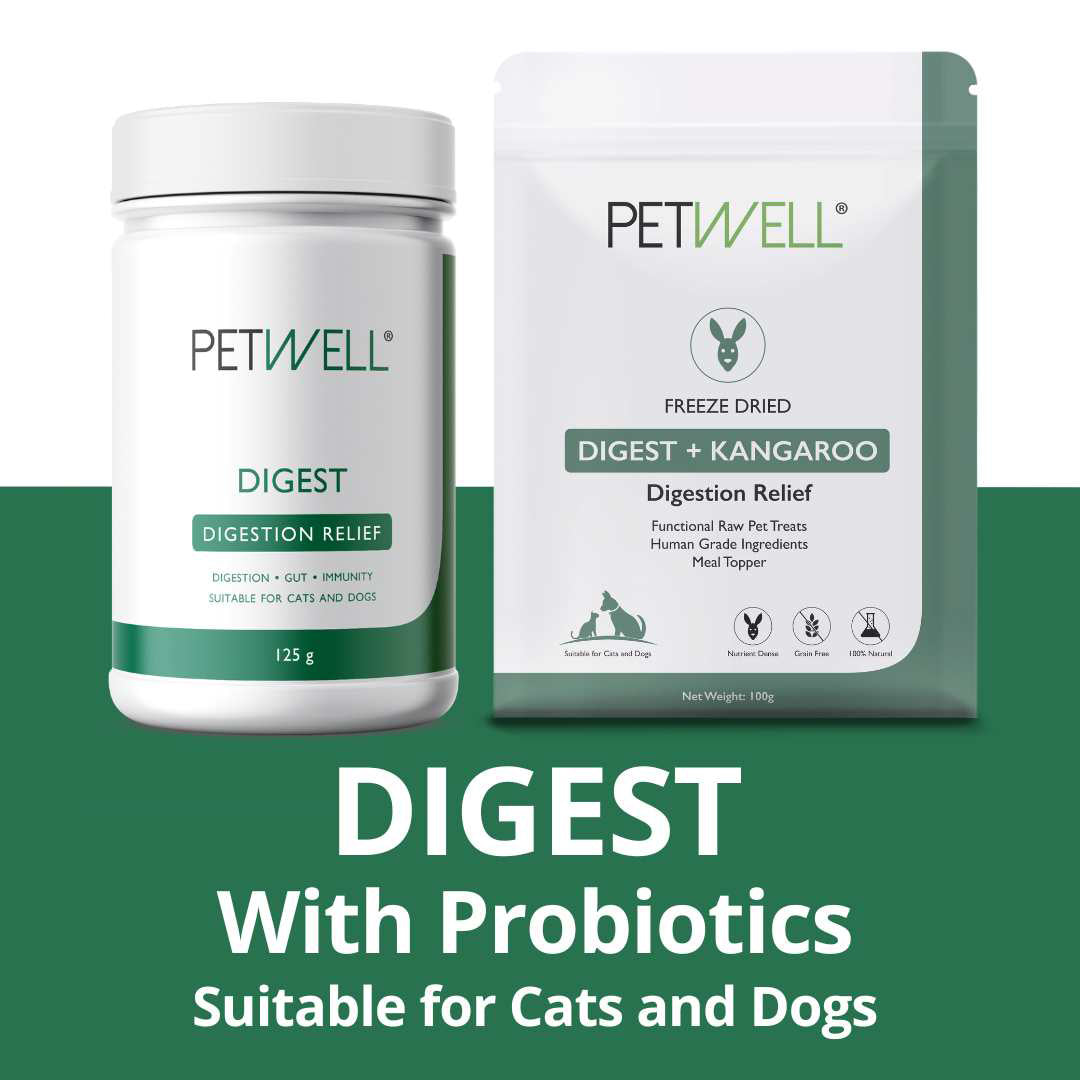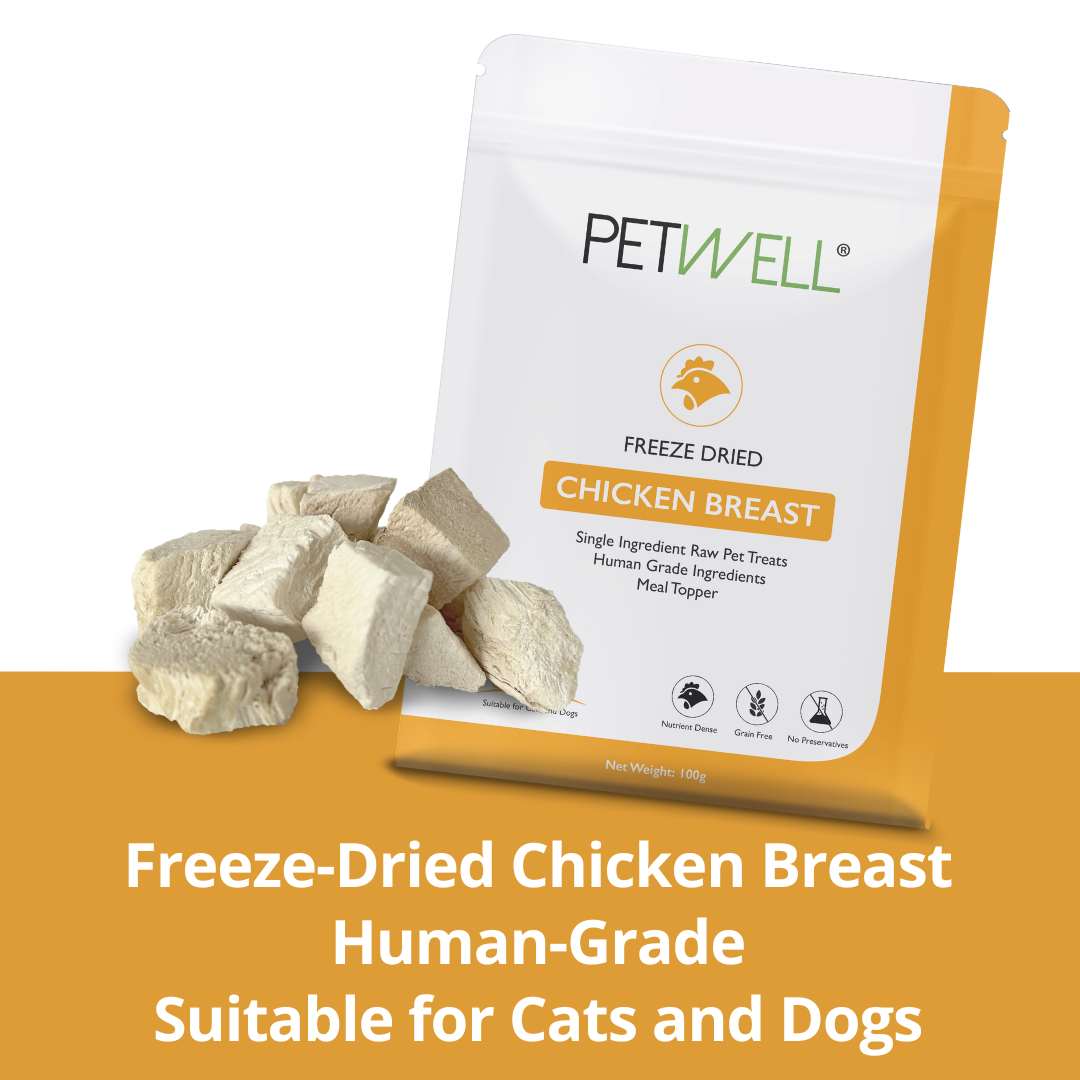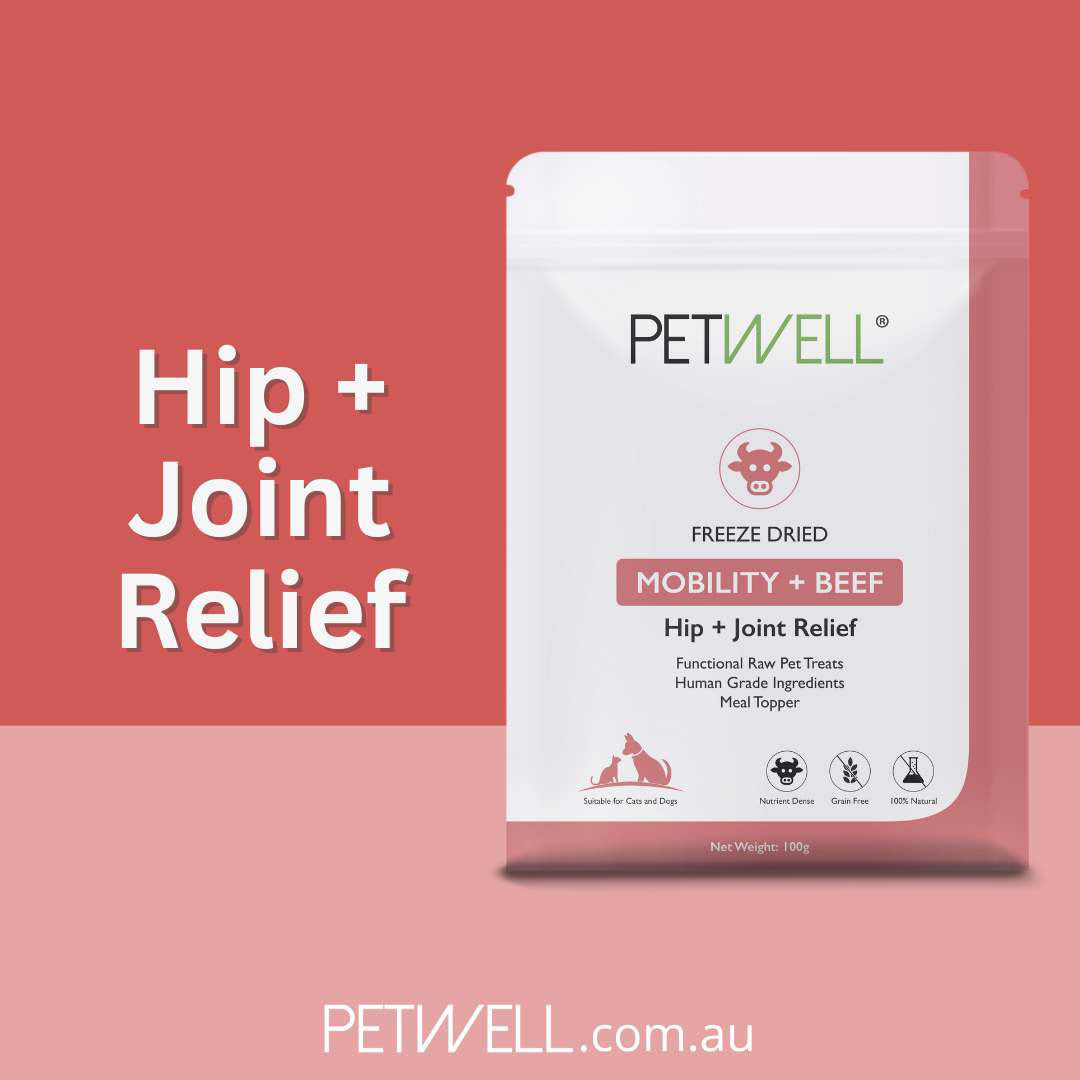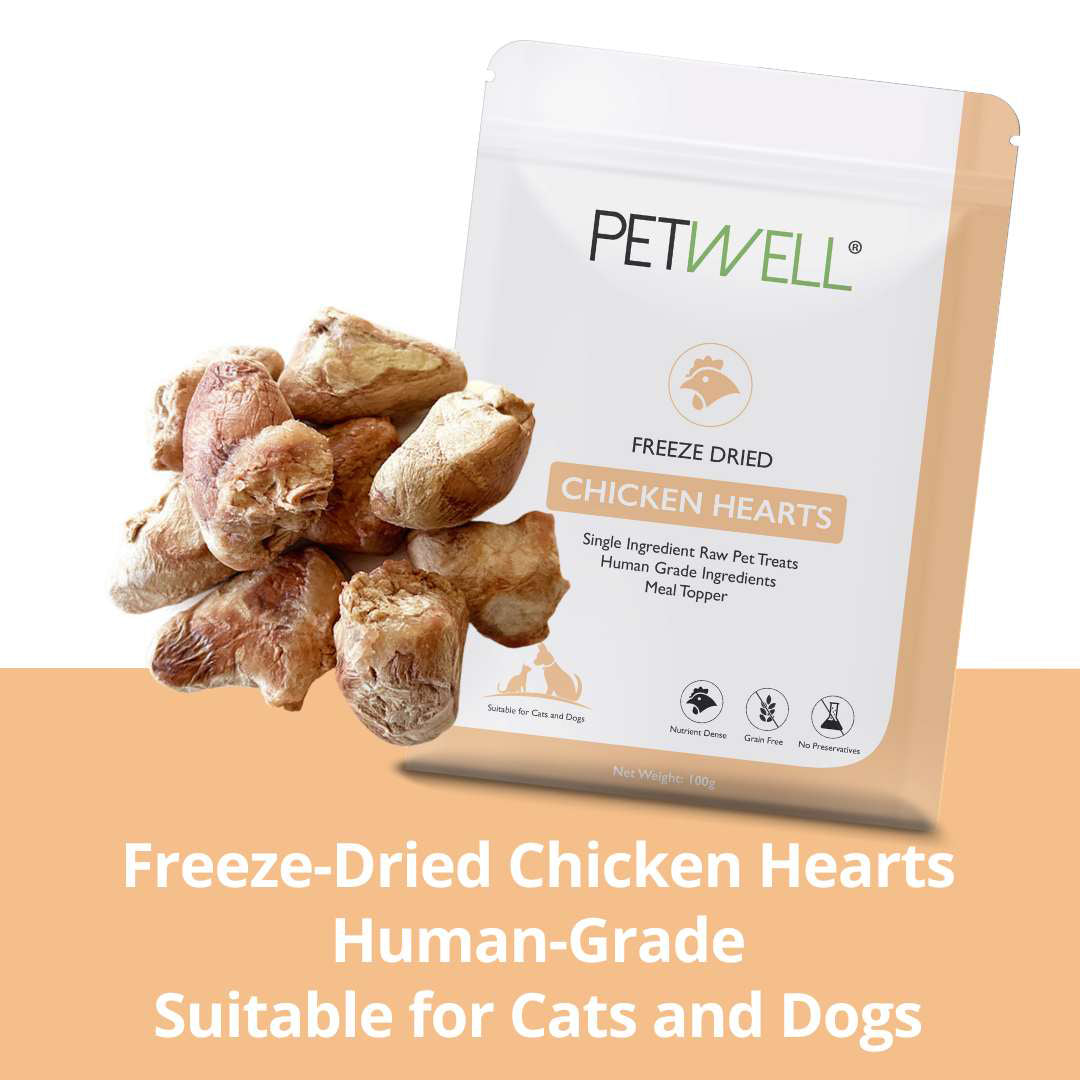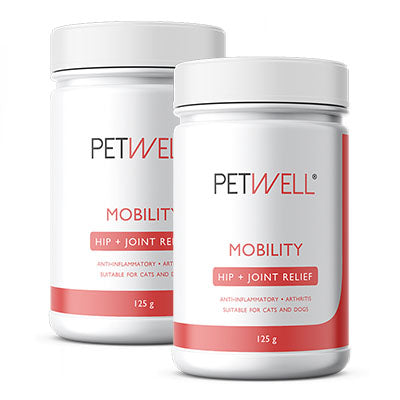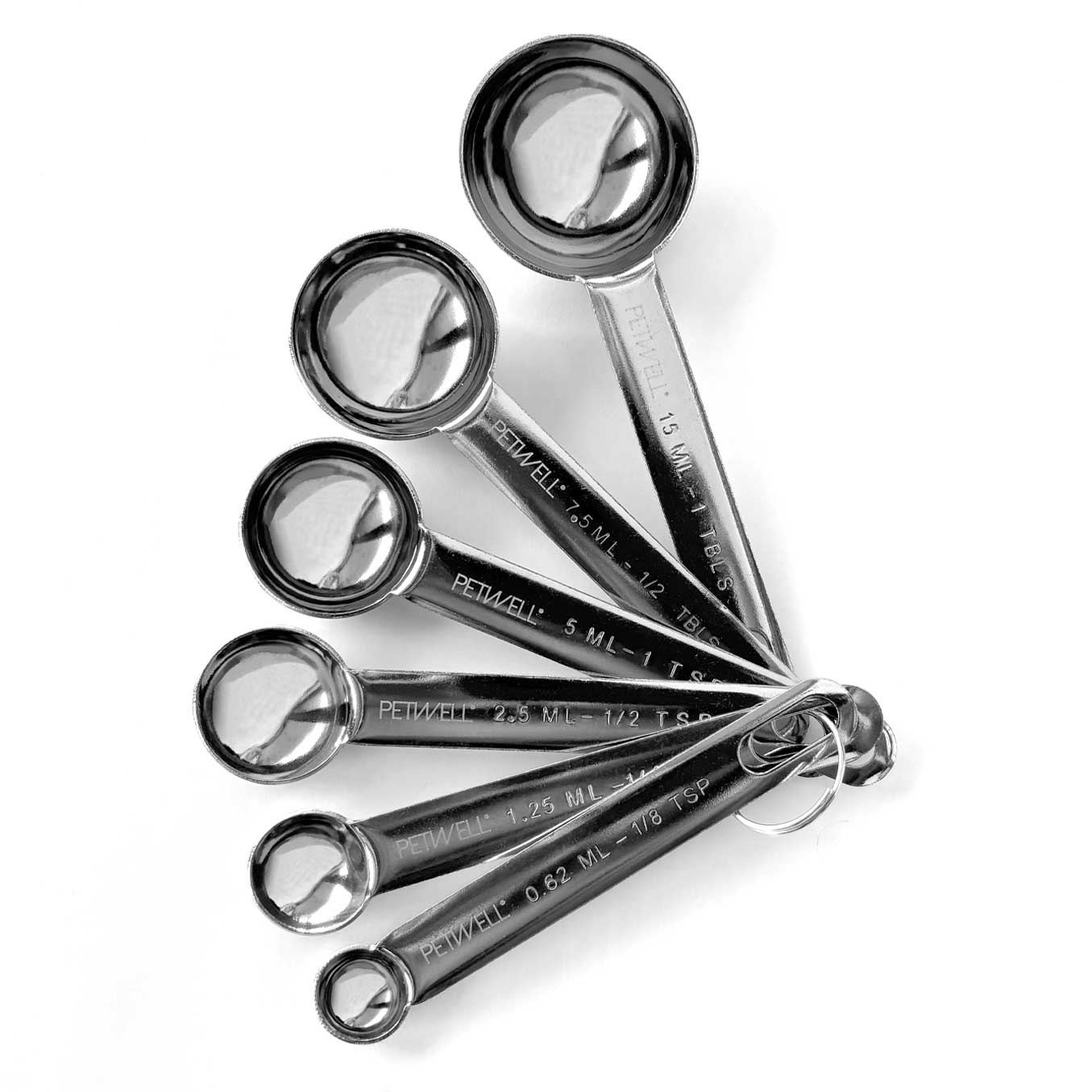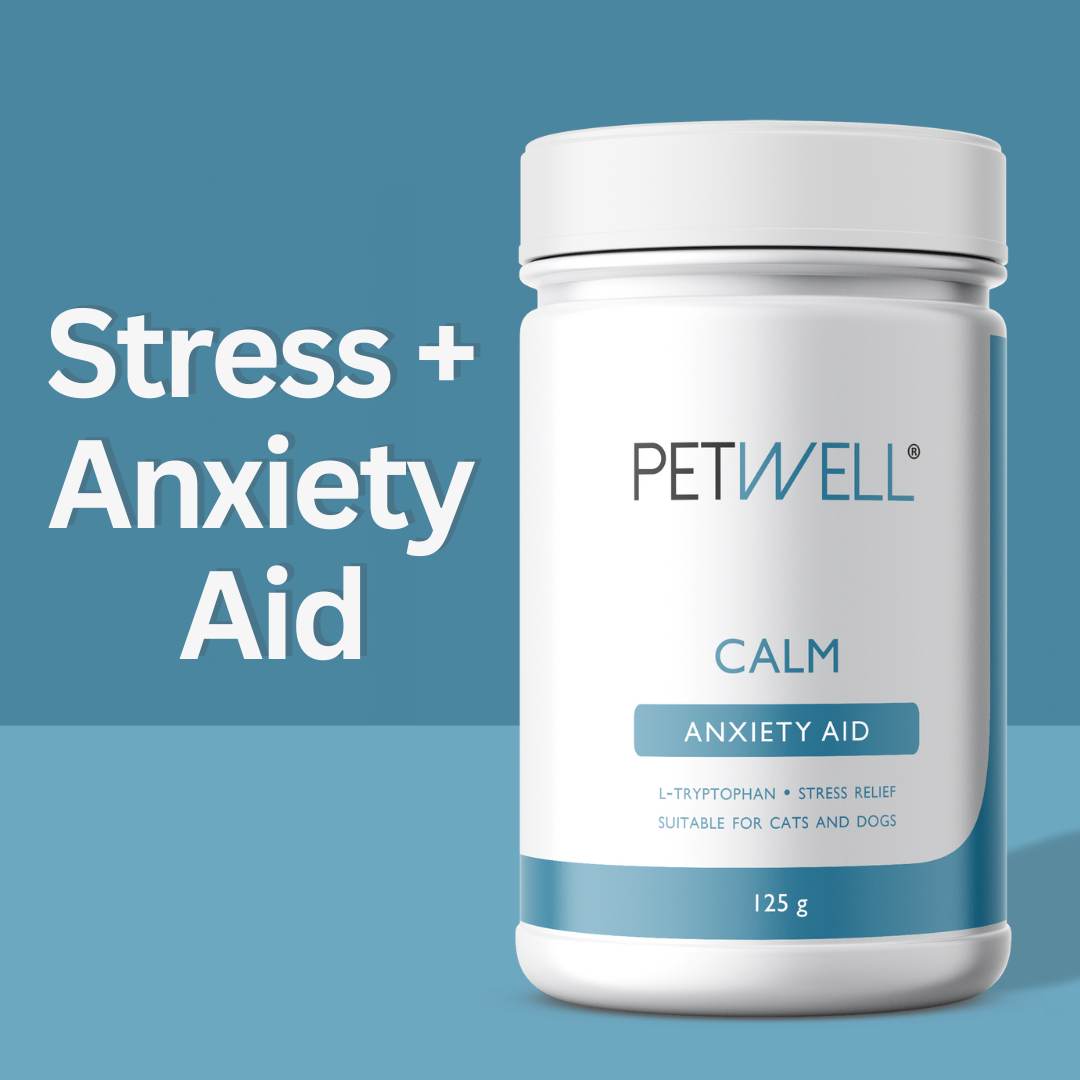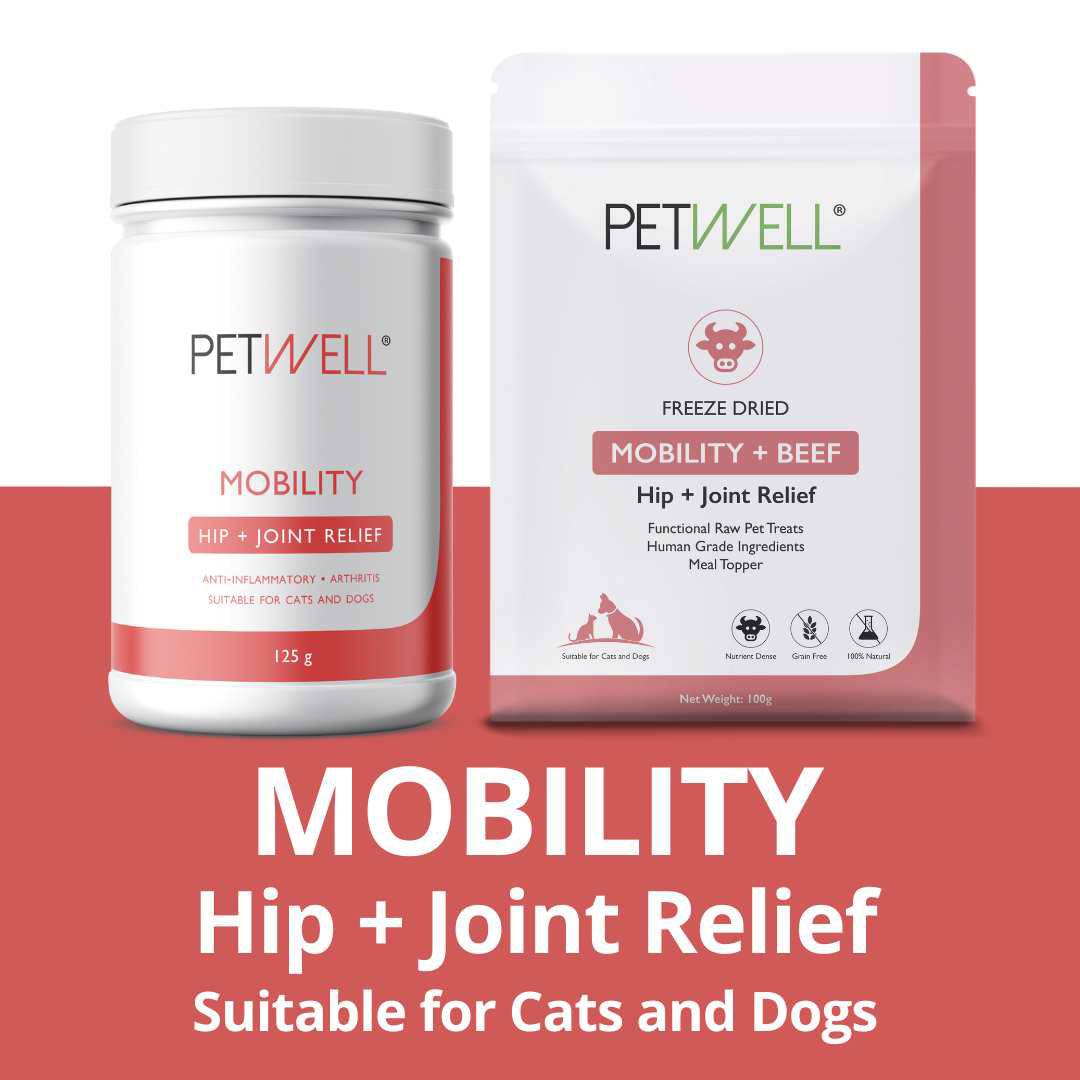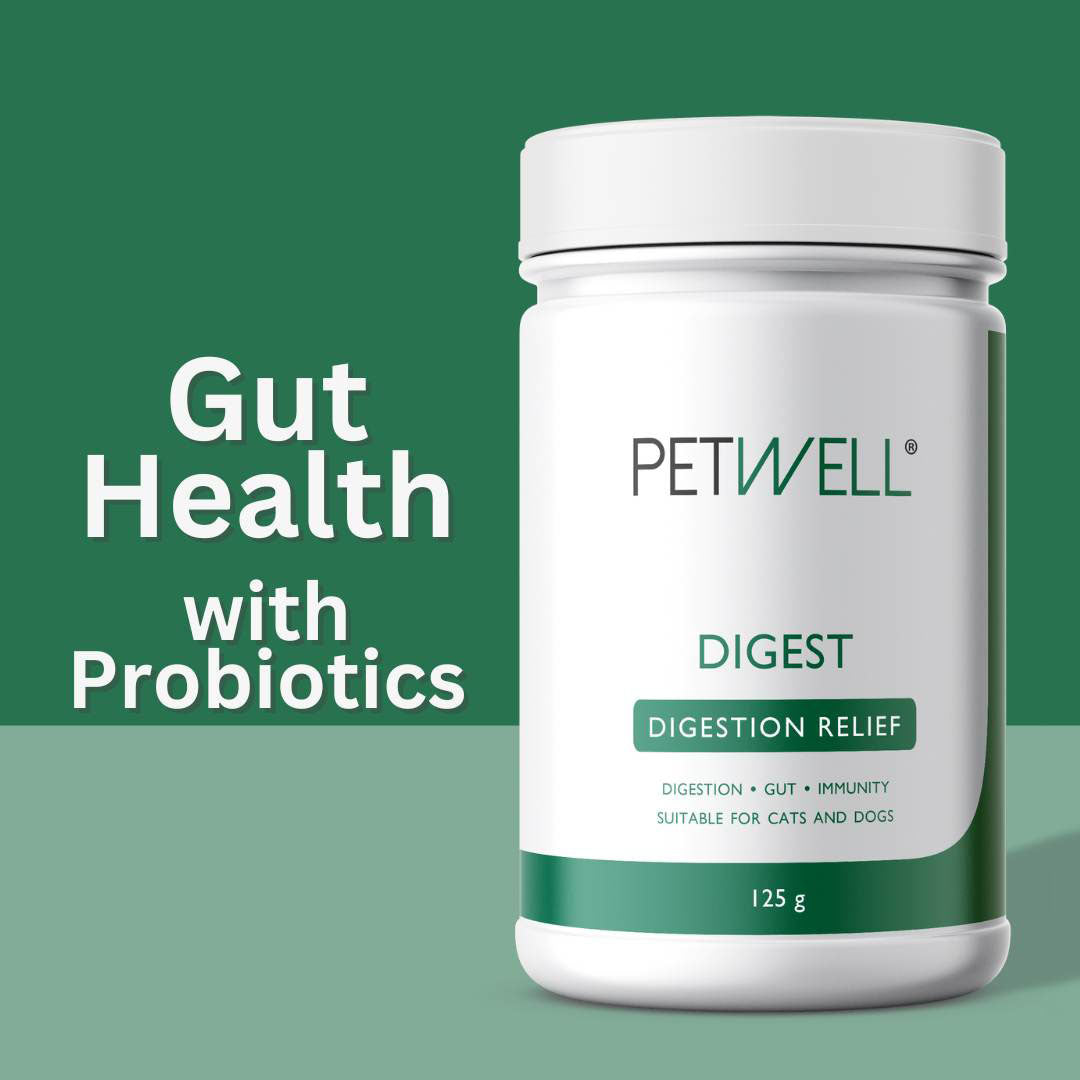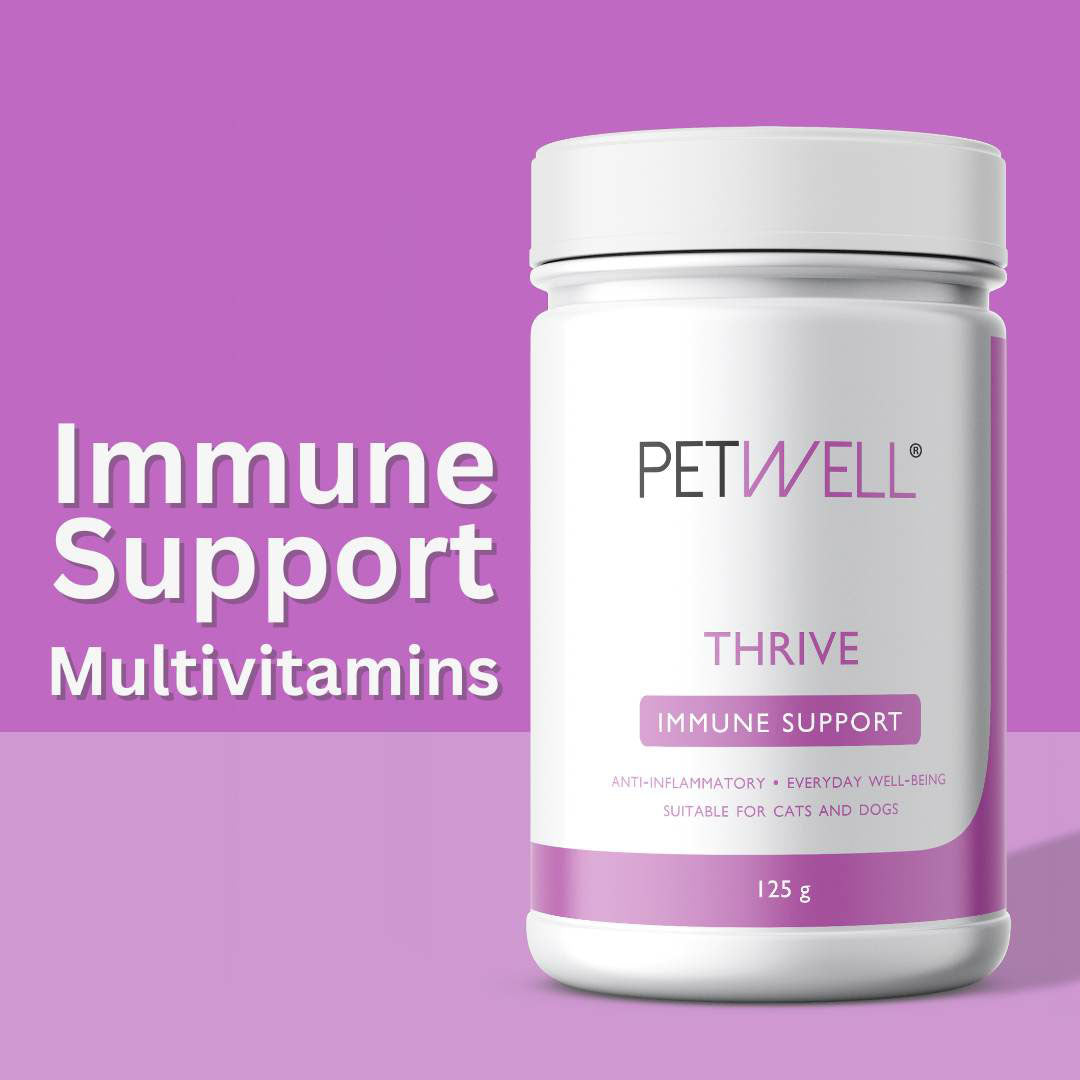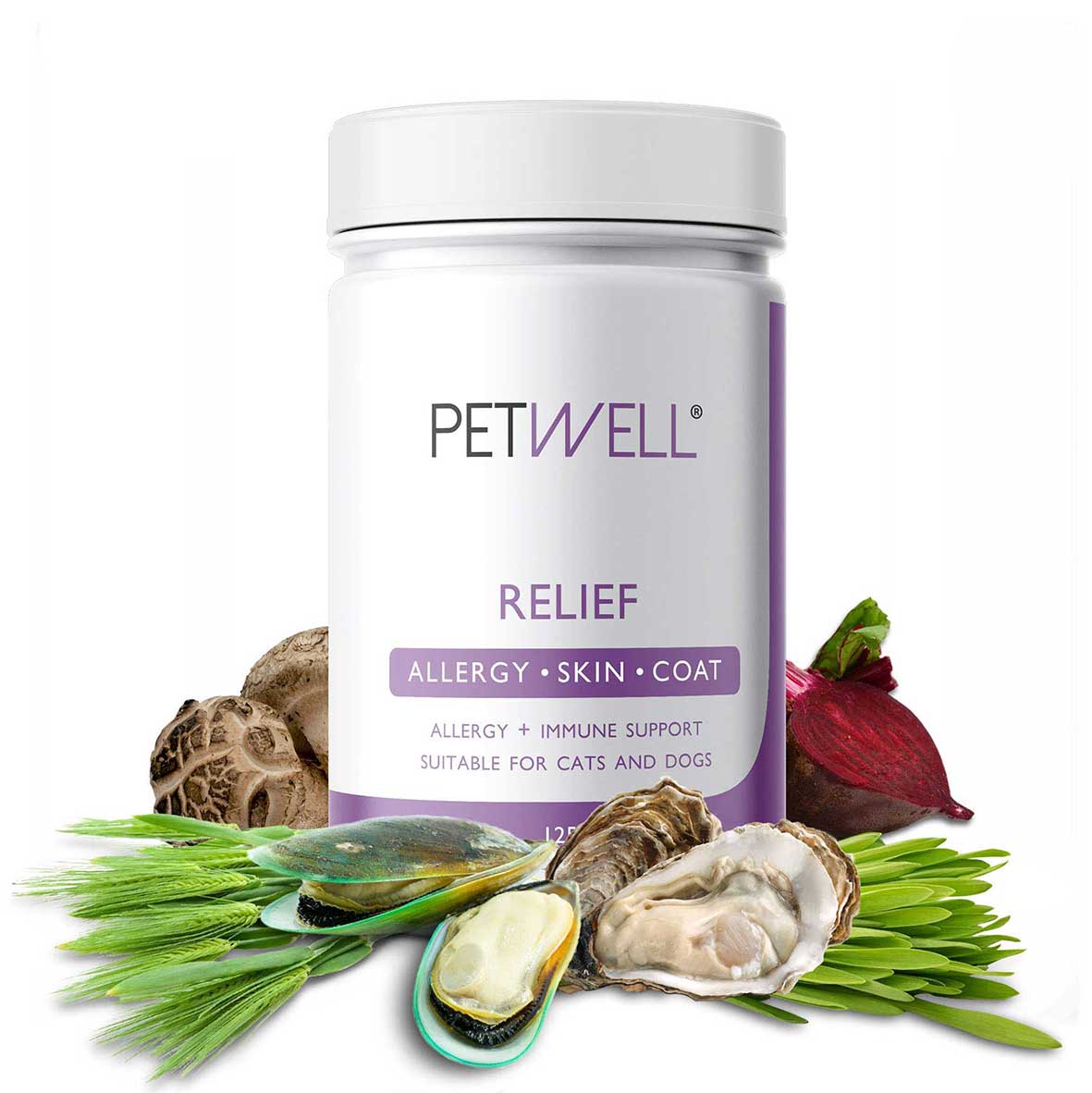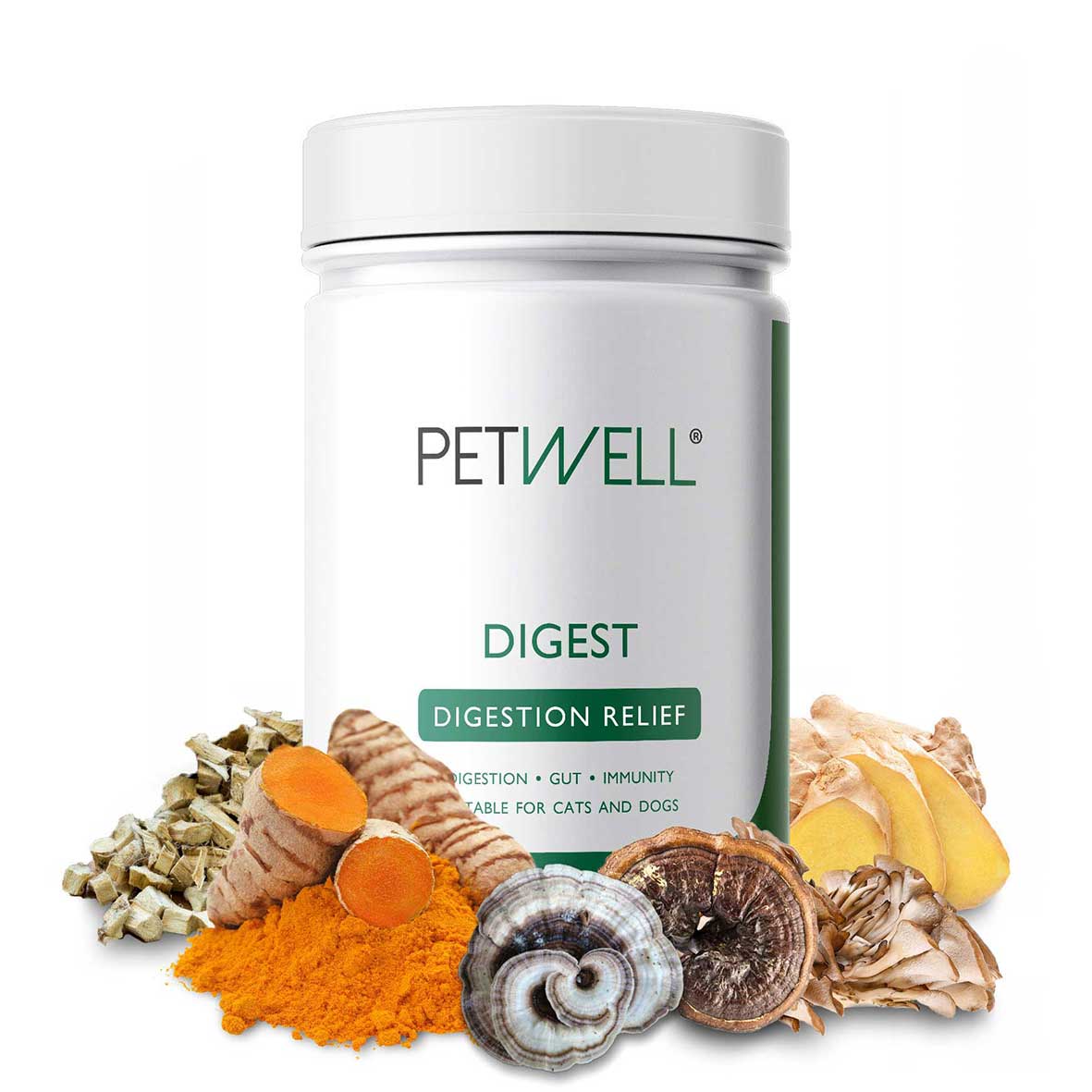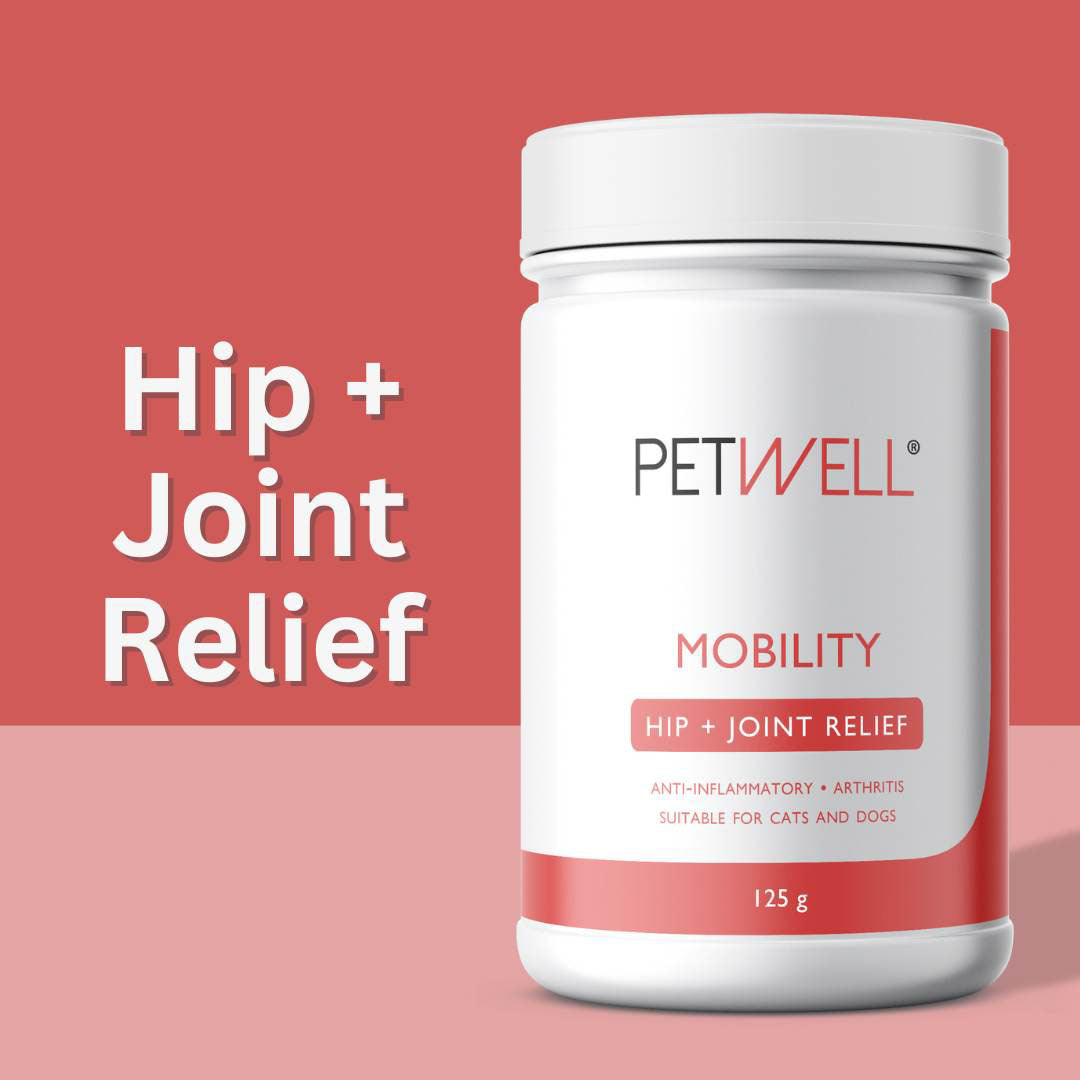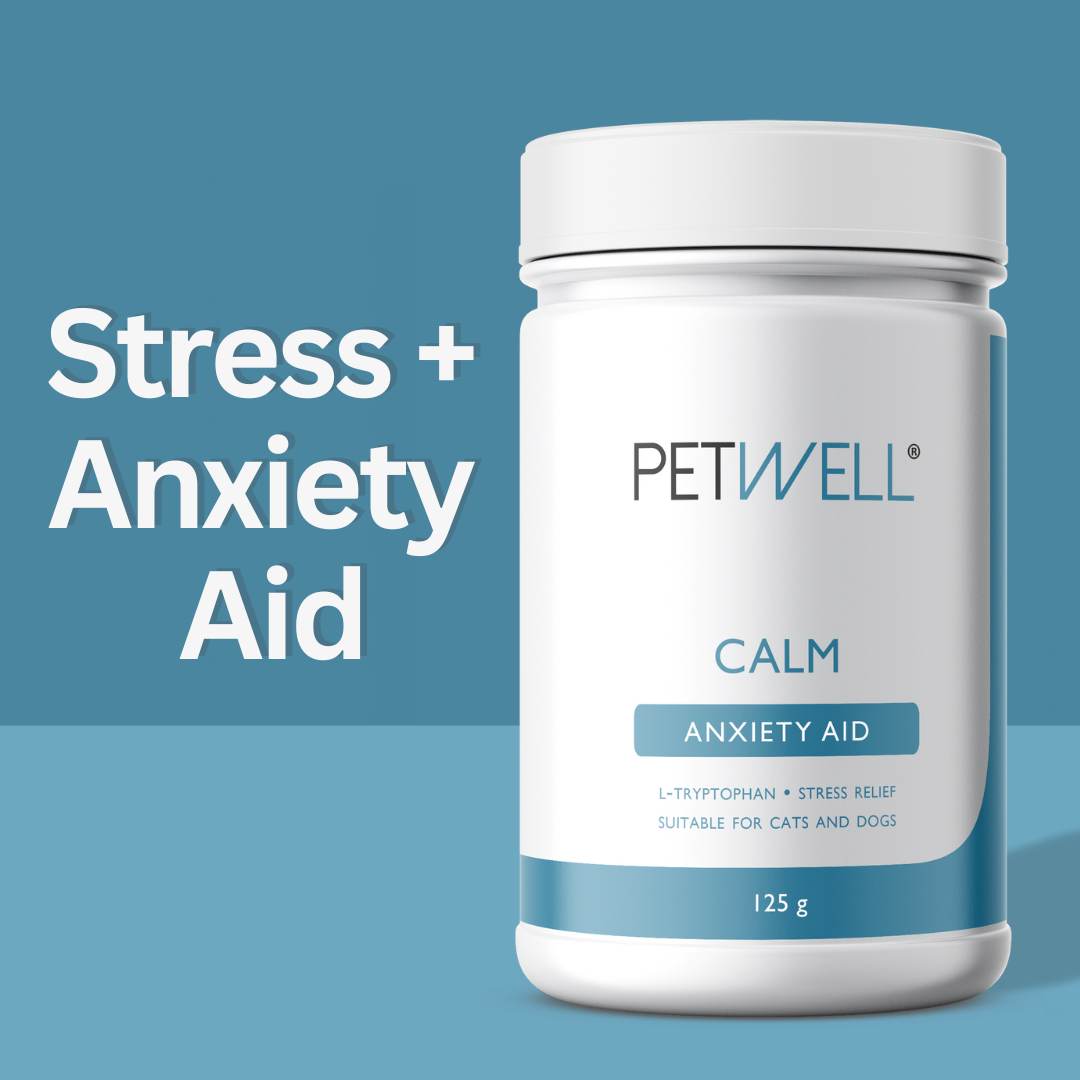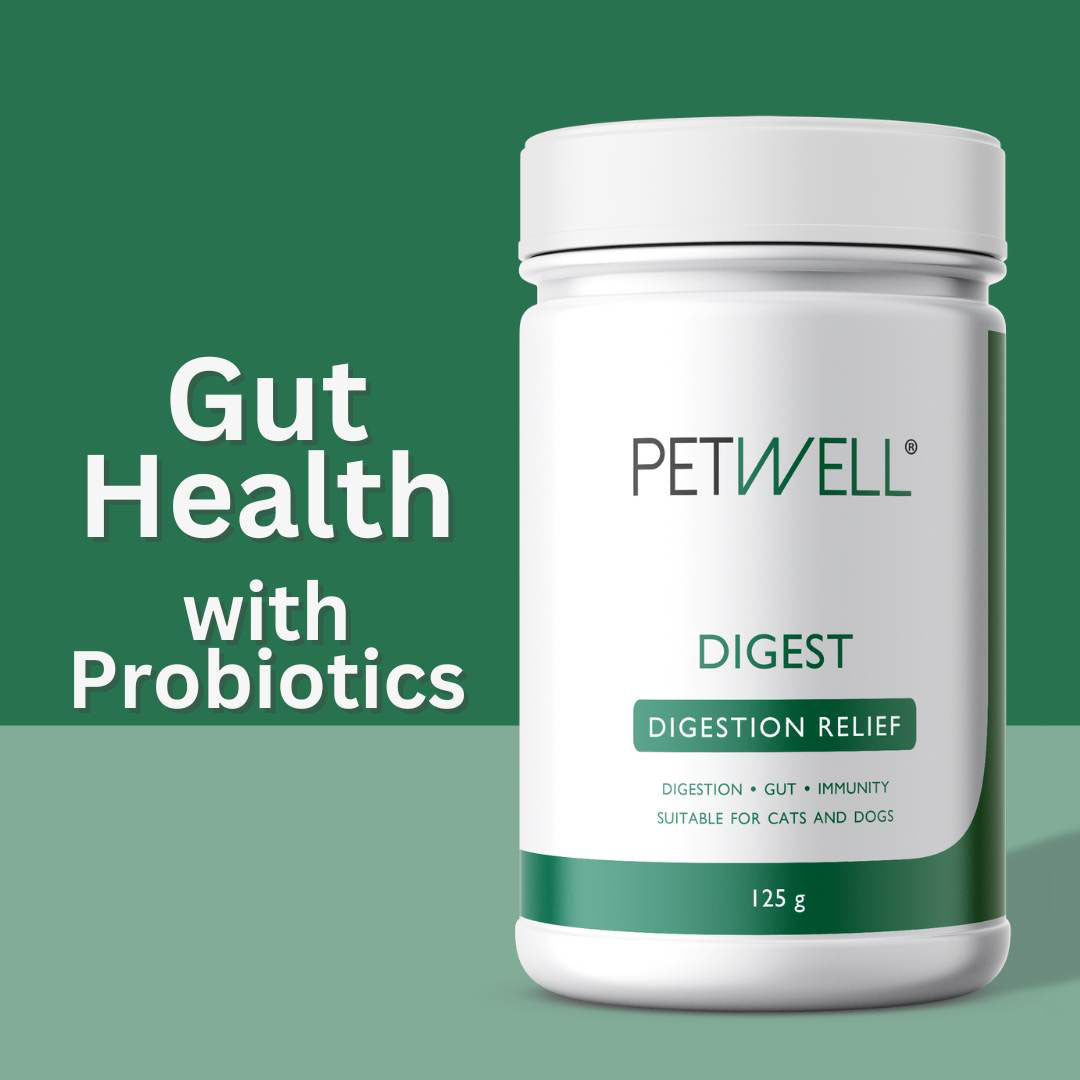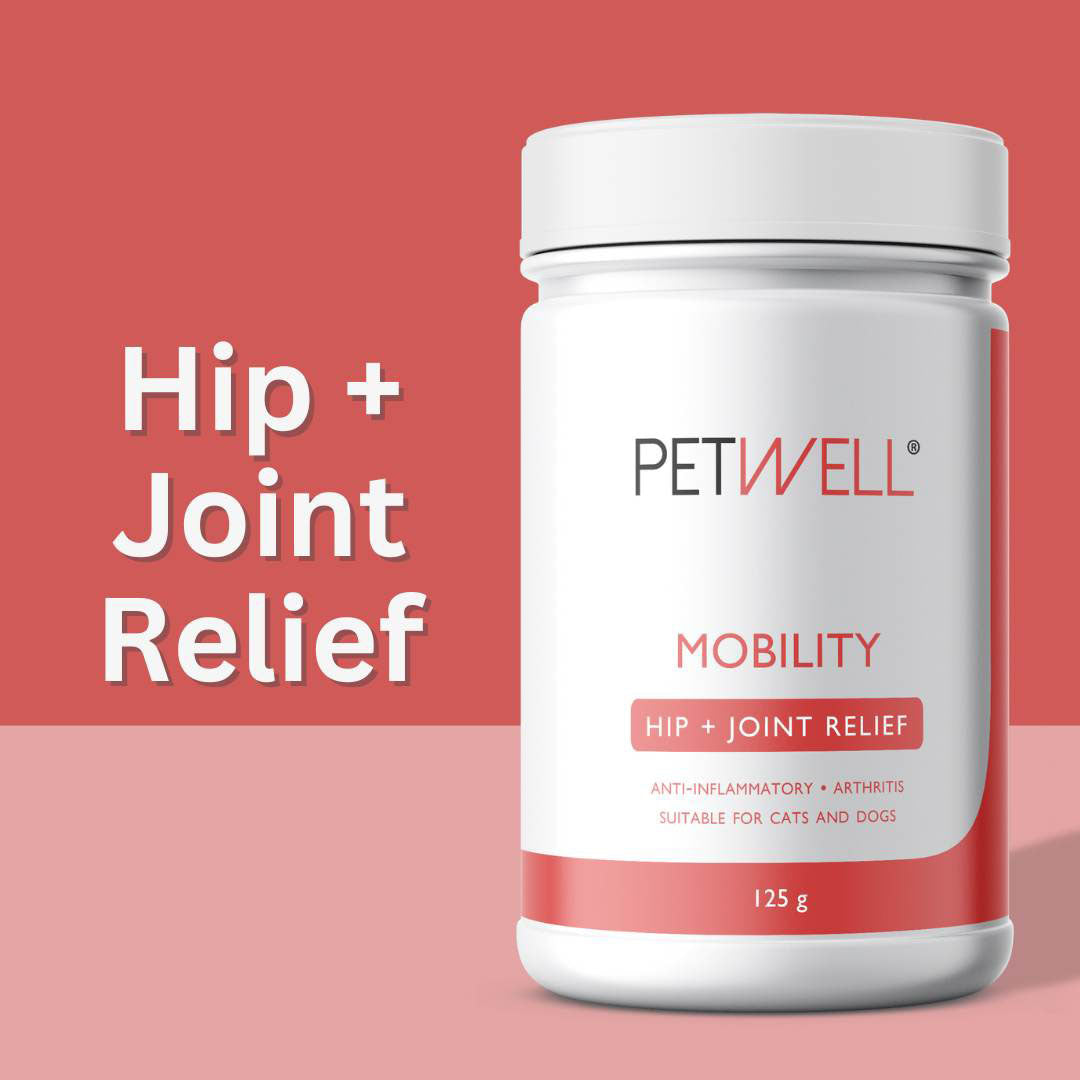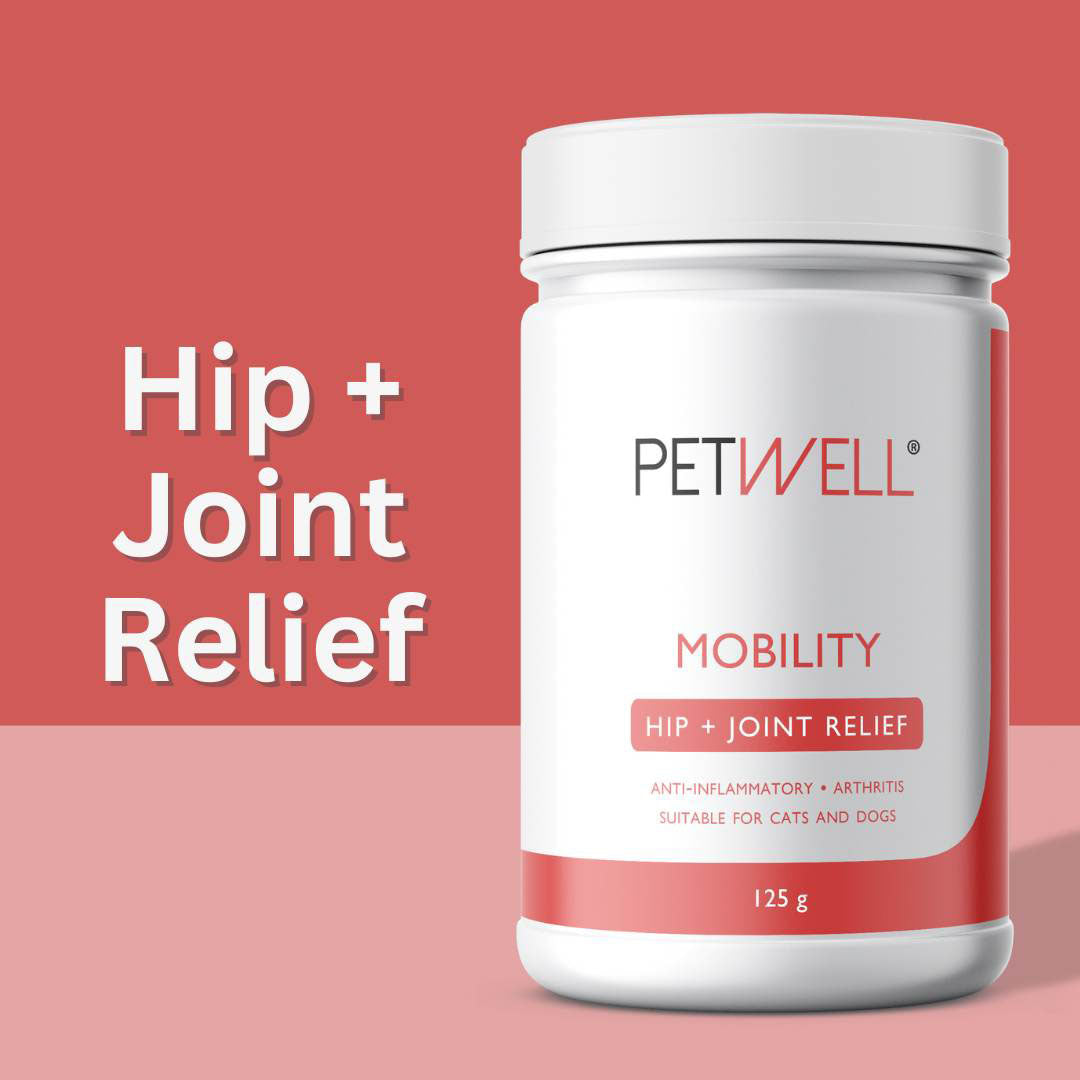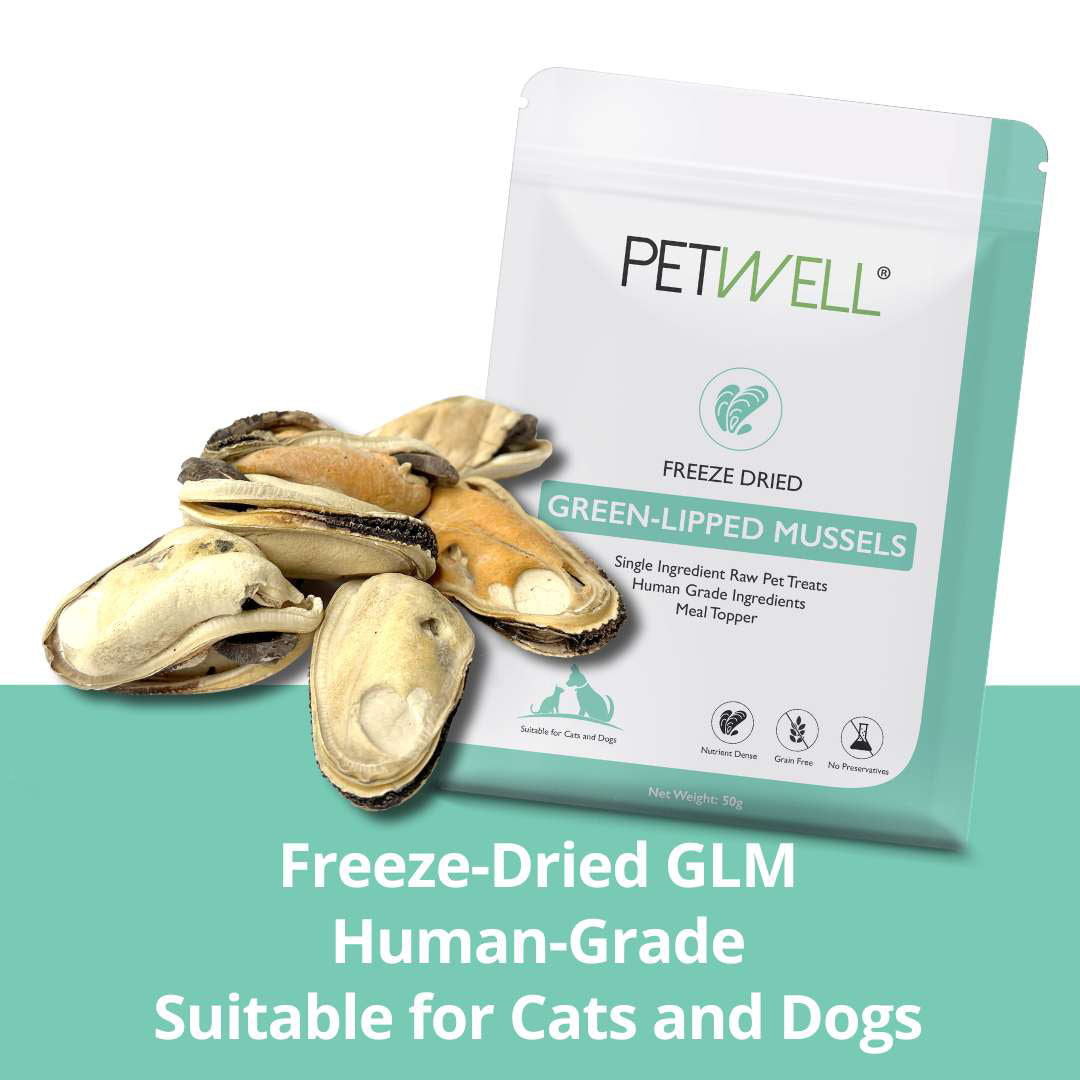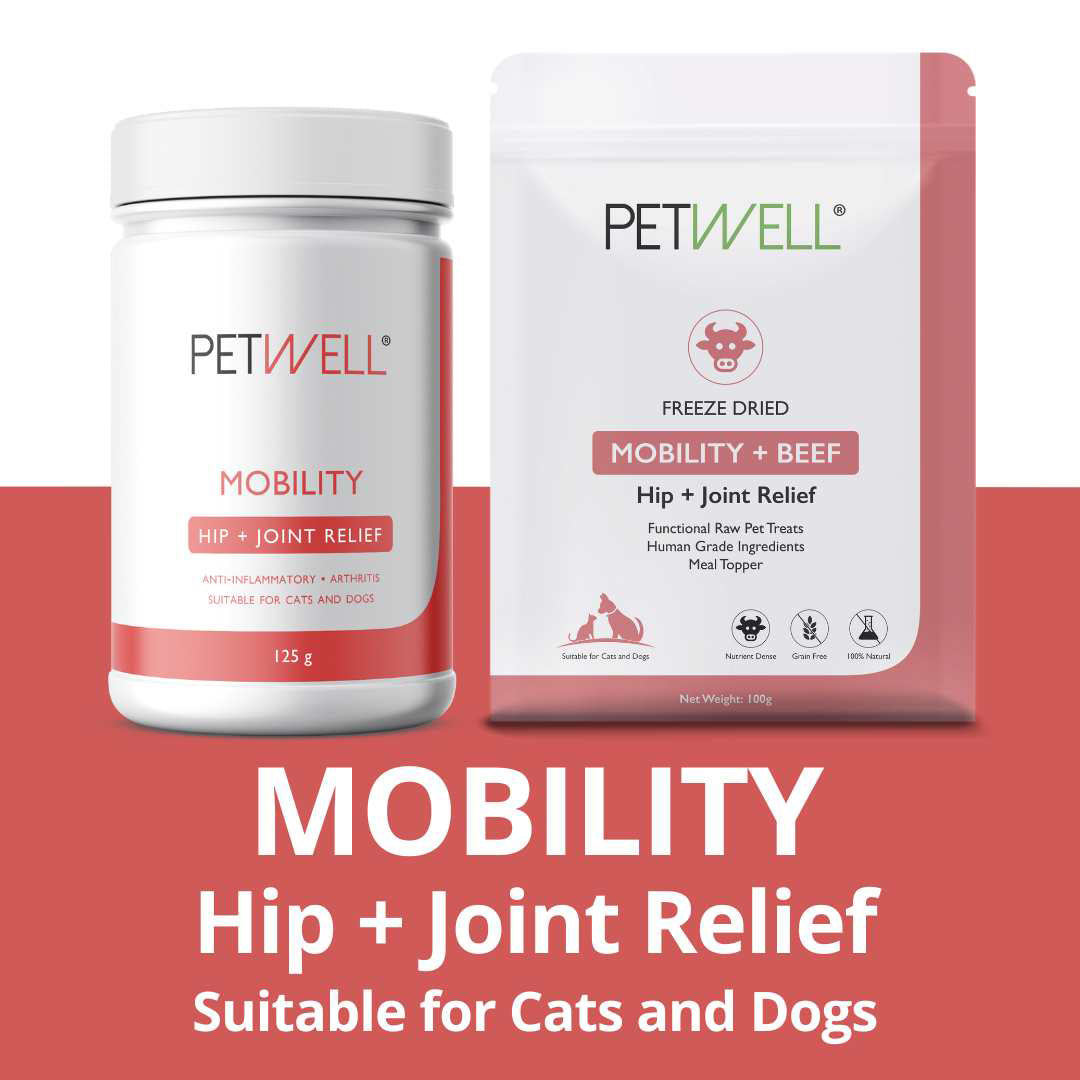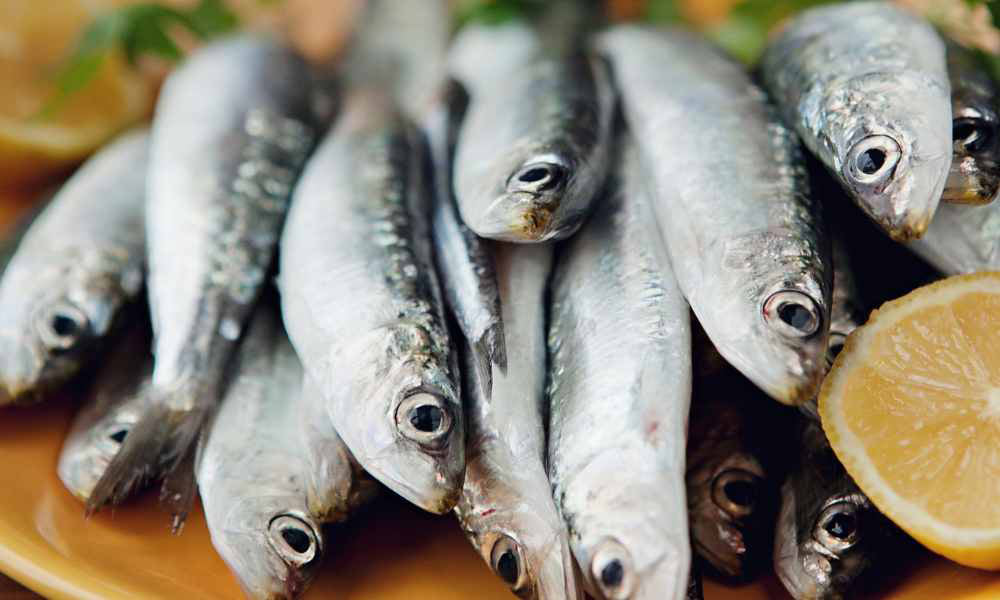Can dogs east sardines? Yes! Sardines are good for dogs and cats. In fact, they are one of the best types of fish to feed them. Sardines are not only healthy, but also a fantastic source of many essential nutrients.
Sardines provide significant nutritional benefits for dogs and cats. They are high in vitamin D which aids calcium absorption as well as phosphorous. Both help maintain healthy bones and teeth.
They are extremely high in vitamin B12, which helps with red blood cell production and normal nervous system function. They are also a good source of vitamin B3 that helps break down carbohydrates, fat, and protein.
Sardines can help pets maintain healthy muscles due to their high protein content. They also contain iron, which is important for red blood cell production and oxygen transport.
5 benefits of sardines
Here are five great reasons sardines good for dogs and cats.
Joint health
Sardines are helpful for pet’s who are more prone to hip and joint issues. They help the growth, repair, and maintenance of all tissues and cells. The fatty acids are an effective anti-inflammatory that aid in easing joint pain brought on by inflammation and arthritis. Their calcium and phosphorus content support the skeletal structure of your pet.
Heart health
Sardines contain an amino acid called taurine. Studies show taurine helps maintain a healthy cardiovascular system. and manage cholesterol and triglyceride levels which can block arteries. It may also reduce blood pressure and artery blockages.
Coenzyme Q10 (CoQ10) is yet another crucial component present in sardines. This potent antioxidant supports the cellular energy required for blood sugar regulation, cardiovascular health, oxygen uptake and liver detoxification. Dogs in particular produce less CoQ10 as they age, which affects their overall health. Sardines assist in making up for the absence of this crucial nutrient.
In addition, the omega-3 fatty acids have a positive impact on heart function and can lower blood pressure.
Skin and coat health
As already noted, sardines are a strong source of omega 3 fatty acids, which are particularly helpful for lowering skin inflammation in pets. Omega 3 fatty acids support the skin barrier, which nourishes the skin and coat of your pet. This can help to relieve itching, control allergies, and treat skin and coat conditions. Examples include surface infections, excessive shedding, and dandruff.
Cognitive and eye health
DHA is one of the omega 3 fatty acids found in sardines. This fatty acid is essential for the health of the eyes and the brain. All cats and dogs need to consume DHA, but younger pets and older pets need it much more. DHA will promote growth and lessen the effects of ageing in your pet.
Immune health
In addition to all of the good stuff already mentioned, Sardines contain amino acids that support optimal health as it is a complete protein that supports organ function, muscles, digestive system, and immune health.
Is mercury in sardines an issue?
Generally speaking, no it’s not an issue. Sardines and other small fish do not carry dangerous levels of mercury. Larger fish are more of an issue when it comes to absorbing higher content of mercury.
Limiting the quantity of sardines, you give your pet is crucial because over time, the smallest trace amounts of mercury in sardines can start to build up in your pet.
It’s recommended you provide your pet sardines as a food topper or treat 3 to 4 times a week, allowing time for your pet’s body to eliminate mercury through their urine and waste to prevent build up.
How to feed sardines to your pet
Sardines added to your pet’s diet as a food topper and treats are safe and can make a tasty addition to a nutritionally balanced diet.
- Filleted fresh sardines – although the bones in sardines are small, it can be a choking hazard. If you opt for fresh sardines choose ones with no additives or preservatives and ensure they are bone free.
- PetWell freeze-dried treats are the safest way to provide sardines to your pet. Due to their fragility, they break down in the mouth so there is no danger of choking.
- Although sardines are low in saturated fat, they are still a calorie dense food. Overfeeding can cause weight gain and digestive issues over time.
- When introducing sardines to your pet’s diet, start slow by providing them once a week, then gradually add to it.
Note: It’s recommended you provide your pet sardines 3 to 4 times a week. If your pet currently suffers with digestive issues or is obese, please consult with your vet or pet nutritionist prior to adding sardines to their diet.
Even though sardines are among the tiniest edible fish, they are enormously nutritious. They make an ideal, extremely nutritious treat or meal topper for your pet.
